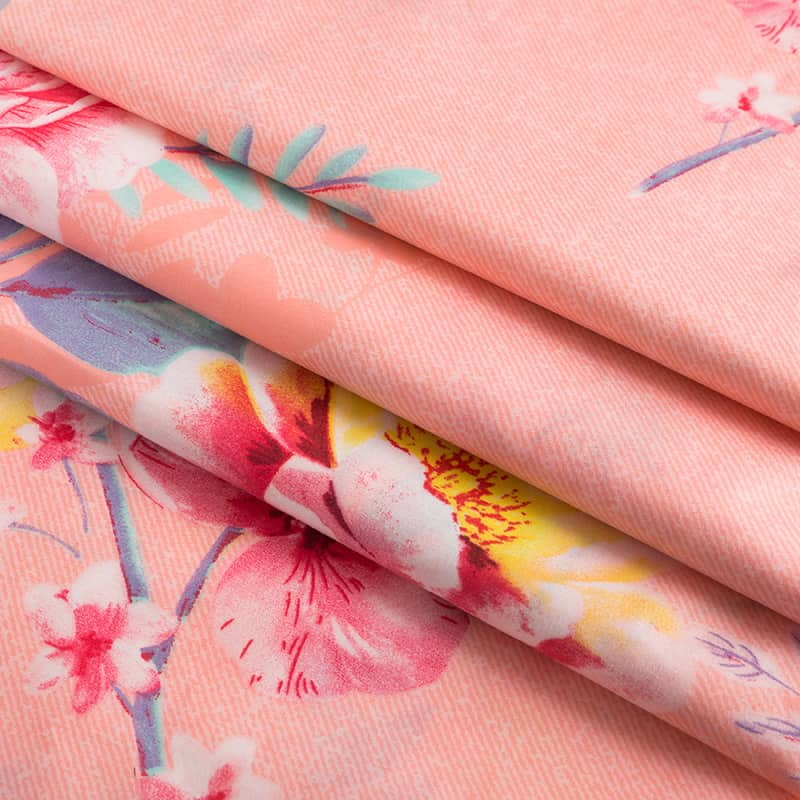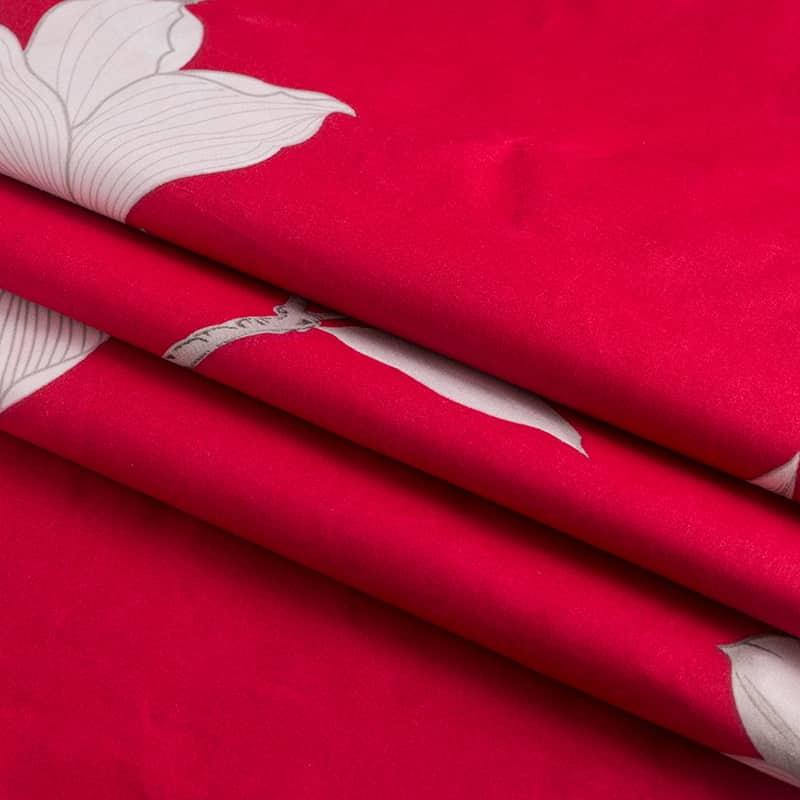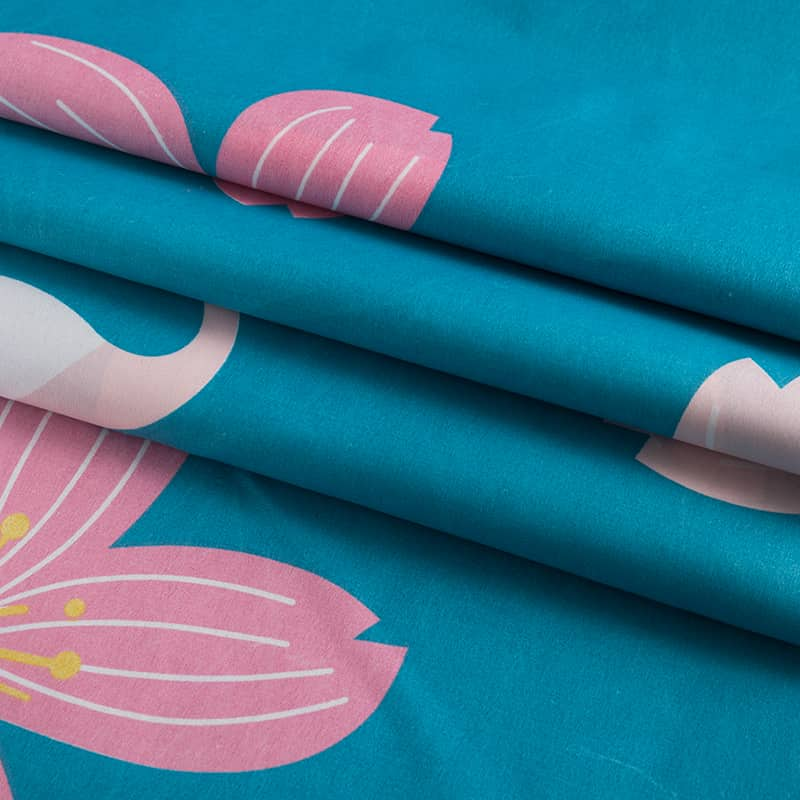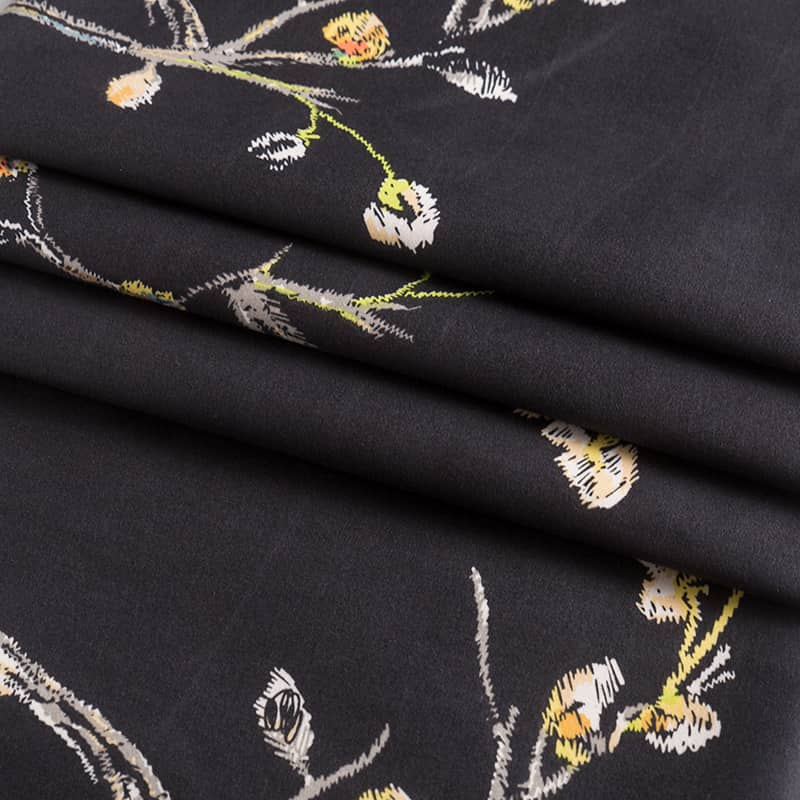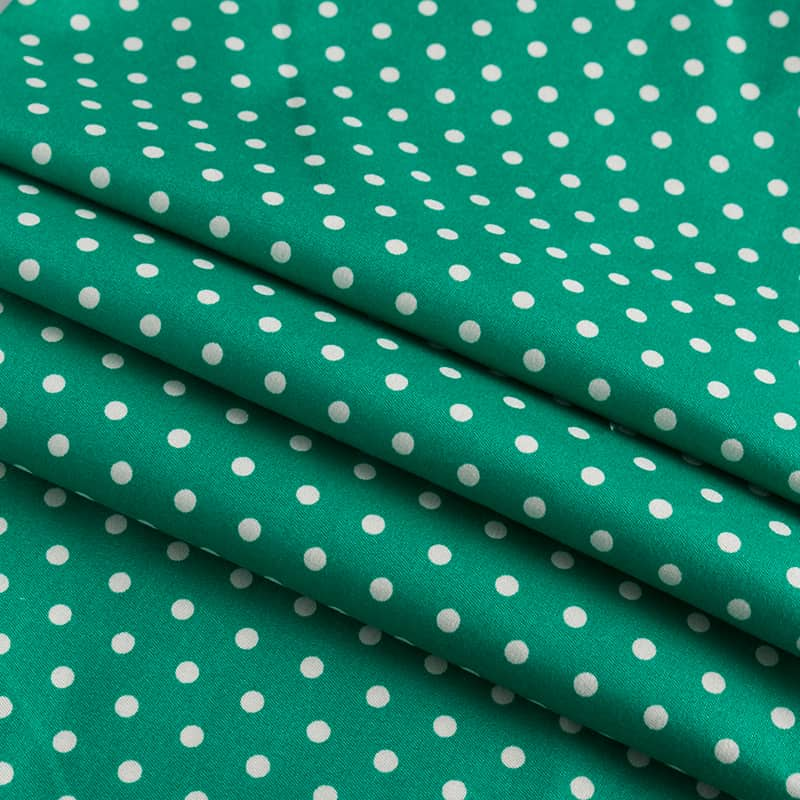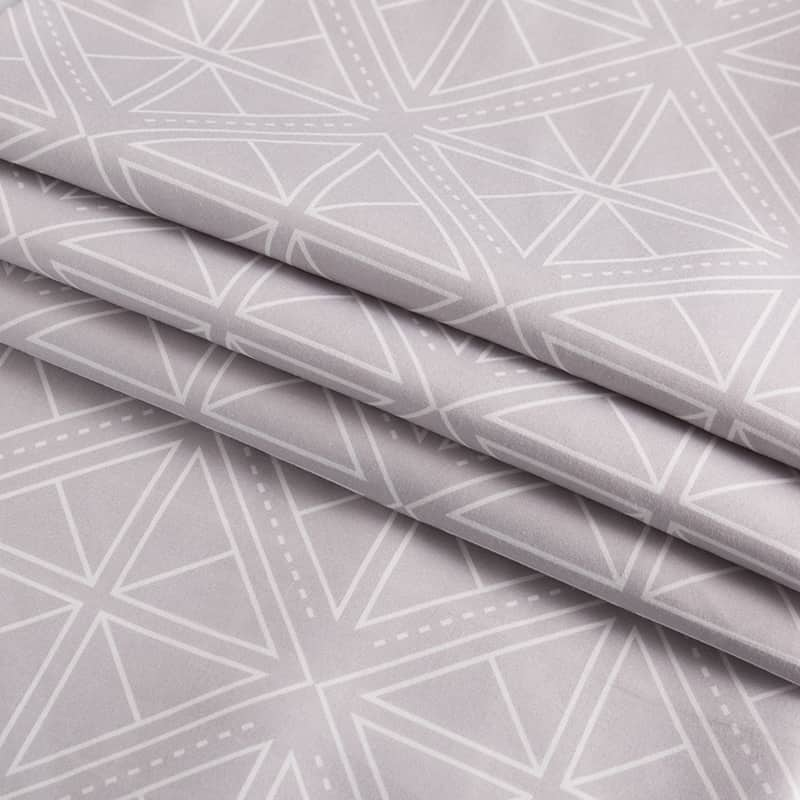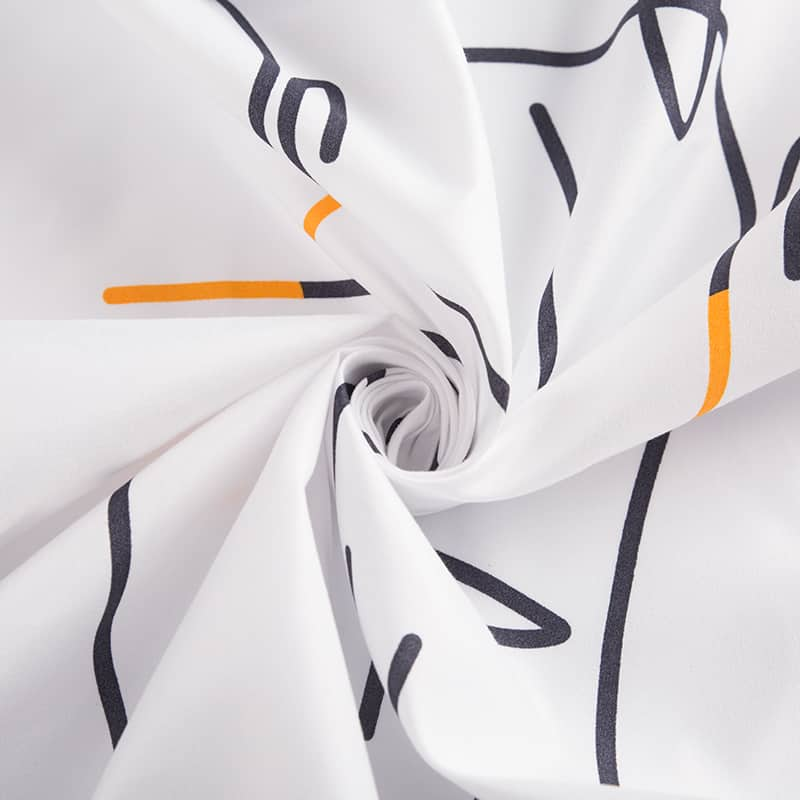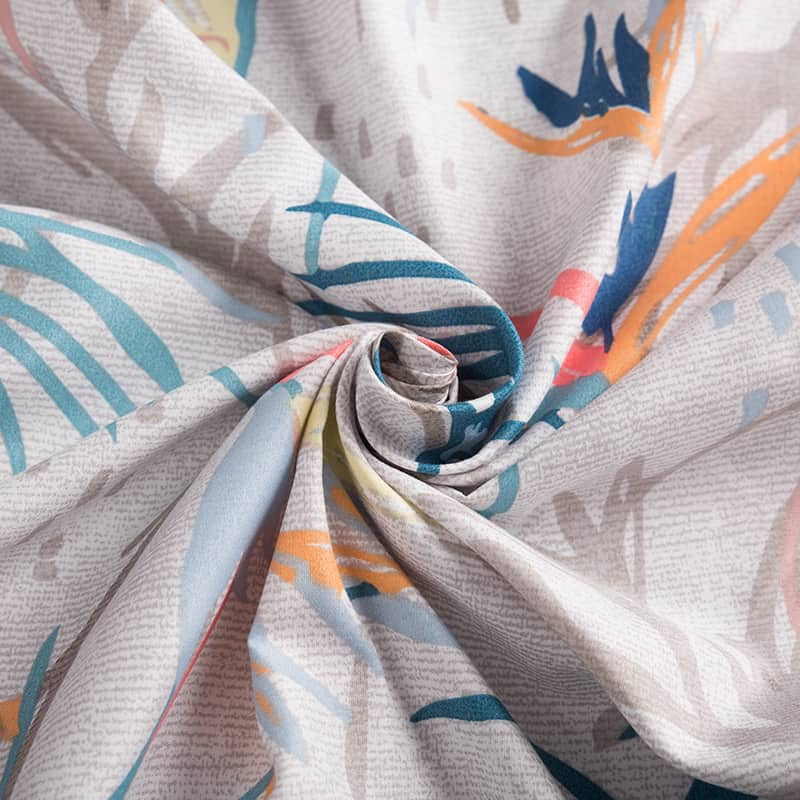Polyester fabrics, a type of chemical fiber, have taken the textile industry by storm, offering a plethora of advantages that have captivated both designers and consumers. With their durability, versatility, and affordability, polyester fabrics have become an indispensable choice for a wide range of applications, from clothing to home furnishings.
Polyester is a synthetic fiber derived from petrochemicals. It is created through a process called polymerization, where monomers are chemically bonded together to form long chains of polymers. These polymers are then spun into fibers, resulting in the production of polyester fabric. This manufacturing process gives polyester its inherent characteristics that have propelled it to popularity.
One of the primary advantages of polyester fabrics is their remarkable durability. Polyester fibers are known for their strength and resistance to stretching, shrinking, and wrinkling. This durability ensures that polyester garments and furnishings maintain their shape and appearance over time, making them ideal for everyday use and frequent washing.
Versatility is another key feature of polyester fabrics. They can be engineered to imitate various natural fibers, such as cotton, silk, and wool, offering a wide range of textures and finishes. Polyester fabrics can be smooth and silky, or they can mimic the softness and breathability of natural fibers. This versatility allows designers to create garments and home textiles that cater to different style preferences and functional requirements.
Polyester fabrics have gained popularity due to their easy care and low-maintenance nature. They are resistant to staining, making them ideal for households with children or pets. Polyester garments and textiles are also generally machine washable and quick-drying, reducing the time and effort required for upkeep. Additionally, polyester fabrics are known for their colorfastness, retaining vibrant hues even after repeated washing and exposure to sunlight.
The affordability of polyester fabrics has made them accessible to a wide range of consumers. Compared to natural fibers, polyester is a cost-effective option, allowing individuals to enjoy high-quality and stylish garments and home furnishings at a more affordable price point. This accessibility has contributed to the widespread use of polyester fabrics in the fashion industry and beyond.
While polyester fabrics offer numerous benefits, it is important to note that they are derived from non-renewable resources and have environmental considerations. However, advancements in technology have led to the development of sustainable polyester, which incorporates recycled materials and reduces environmental impact. Additionally, efforts are being made to improve the recyclability and biodegradability of polyester fabrics, paving the way for a more eco-friendly future.
In conclusion, polyester fabrics have revolutionized the textile industry with their durability, versatility, and affordability. Their ability to mimic natural fibers and withstand daily wear and tear has made them a popular choice for clothing and home furnishings. As technology continues to advance, the development of sustainable polyester further strengthens its appeal. So, embrace the benefits of polyester fabrics and enjoy their practicality and style in your everyday life.



 英语
英语 西班牙语
西班牙语
